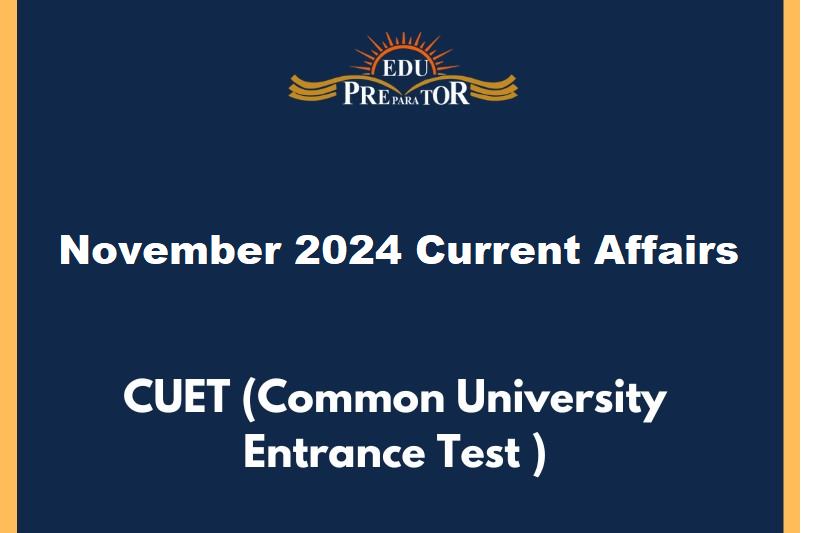
Reevaluating Development Economics - Insights from the IMF WEO Report and India's Economic Landscape
Overview of IMF's World Economic Outlook (WEO) Report
- Key information about the WEO: Biannual publication by the IMF, focusing on the assessment of economic development, identification of trends, policy recommendations, economic growth projections, inflation trend insights, financial stability assessment.
- Importance of the WEO: Provides a vital toolbox for policymakers, researchers, and investors to decipher and navigate the economic landscape.
Understanding Development Economics
- Definition and purpose: Field focused on studying strategies for economic growth and poverty reduction, and improving living standards. It emerged post-World War II to address challenges of newly independent nations.
- Key Focus Areas: Economic growth, poverty reduction, inequality, sustainable development, globalisation and trade, institutional development.
- Various Theoretical Approaches: Includes several schools of thought, like neoclassical theory, structuralist theory, capability approach, and institutional economics.
Need for Reevaluation of Development Economics
- Challenges in the Current Approach: Overlooking macro-level issues, political realities, global shifts, technological advancements, sustainability, and inclusivity.
- Need for Interdisciplinary Approach: Combining insights from other fields like political science, sociology, and environmental science for a holistic understanding of economic development.
India's Alignment with Global Development Economics
- Economic Performance: High growth rate, resilience in face of global slowdowns, and domestic demand driving economic growth.
- Demographic Dividend: Young population providing potential for long-term growth.
- Service Sector Dominance: IT and BPO industries, significant contribution to exports, employment generation, and FDI.
- Infrastructure Development: High public spending in infrastructure projects, digital transformation, and financial inclusion efforts.
Challenges for India in Development Economics
- Political Economy Constraints: Short-term focus on populist policies hindering long-term reforms.
- Labour Market Issues: Skill gaps, low productivity, rigid labour laws.
- Social Issues: Labour-business tensions, potential for social unrest and investment deterrent.
- Geopolitical Uncertainties: Risks and opportunities due to trade tensions between the US and China, need for diversifying trade partnerships.



Comments
Nam cursus tellus quis magna porta adipiscing. Donec et eros leo, non pellentesque arcu. Curabitur vitae mi enim, at vestibulum magna. Cum sociis natoque penatibus et magnis dis parturient montes, nascetur ridiculus mus. Sed sit amet sem a urna rutrumeger fringilla. Nam vel enim ipsum, et congue ante.
Cursus tellus quis magna porta adipiscin
View All